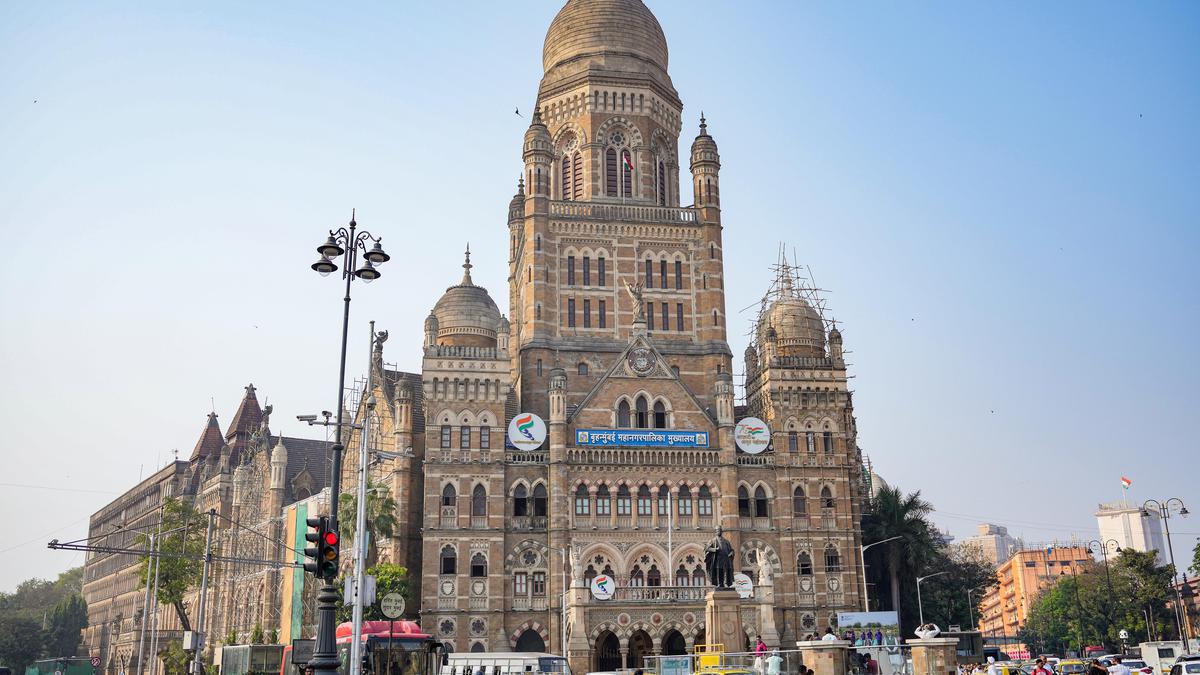The lack of accessible toilets in schools, public spaces, and government offices continues to leave people with disabilities in Chennai in the lurch.
Aranga Raja, who is visually impaired, uses only toilets located in familiar areas. “If I’m near the university where I teach, I use the toilet there. Otherwise, I won’t go anywhere,” he said. He pointed out that there are no signs indicating the presence of toilets, and even tactile tiles are not differentiated to show where one section ends and another begins. “At the Beach [railway] station, there’s a braille map, but no indication of where the toilet is. I searched for a long time and had to leave disappointed,” he said.
Narrow doorways
M. Anusuya, a wheelchair user, said that entering an accessible toilet itself is often the first hurdle, as the doors are not wide enough for her chair to pass through. “While many places don’t have accessible toilets, the few that do are often locked or too small for a wheelchair, forcing us to crawl to use them,” she said. She added that while handrails are usually provided for support, a tap is also essential, as persons with disabilities may find it difficult to use a shower.
Satish Kumar, another wheelchair user and a member of the Disability Rights Alliance, said he often relies on metro stations, as their toilets are comparatively more accessible than those in other public spaces. “The Greater Chennai Corporation (GCC) toilets are not accessible at all. Theatres in malls usually have accessible toilets, but standalone theatres don’t. Even government offices such as the Ripon Buildings lack them. It’s important that all new infrastructure be made 100% accessible,” he said.
Cumbersome travel
Even schools lack accessible toilets, said Kalyani (name changed), a wheelchair user. “They’re often labelled as ‘differently abled’ toilets, but the doors aren’t wide enough, the ramps are too steep, or there’s a step at the entrance.”
“Even on trains, many coaches don’t have accessible toilets. Persons with disabilities travelling long distances sometimes wear diapers so that they don’t have to search for one,” she said.
‘Measures taken’
Responding to the issue, Chennai Mayor R. Priya told The Hindu that public toilets that have been constructed over the past one and a half years in the GCC limits include separate facilities for persons with disabilities. “These toilets have wide doors, handrails, and ramps. In addition, dilapidated toilets that are currently being reconstructed also adhere to these standards. However, if any grievance is reported by persons with disabilities, action will be taken,” she said.

 2 hours ago
5
2 hours ago
5








 English (US) ·
English (US) ·